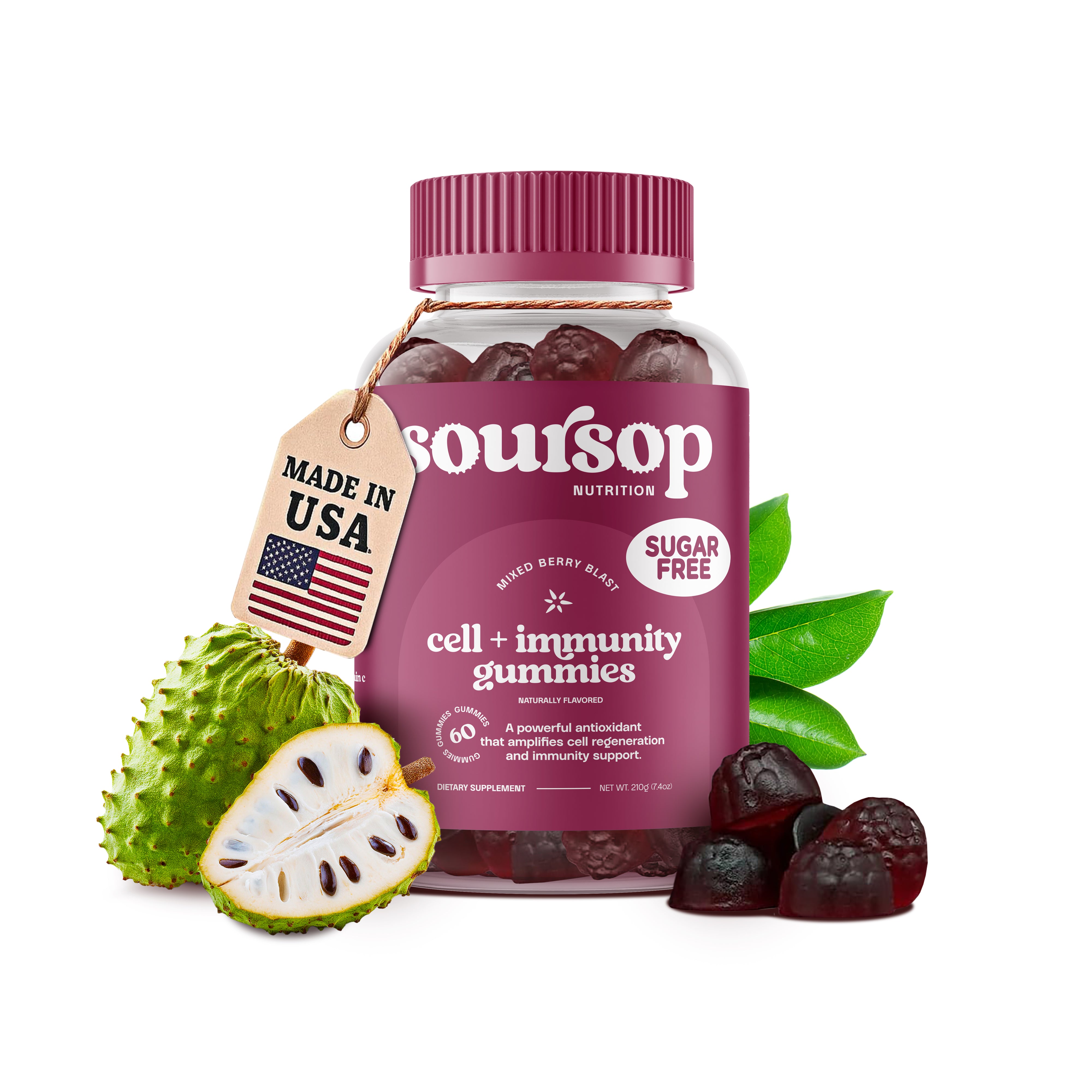Exploring Oxidative Stress: Navigating the Balance
Was'sop, fellow health enthusiasts?
Today, I want to dive into the details of oxidative stress. Let's unravel the mysteries and understand the delicate balance that takes place within our cells.
Oxidative stress is akin to the delicate balance of forces within the cellular landscape. Imagine it as a dynamic interplay where free radicals, active participants in essential processes like metabolism and immune responses, coexist with antioxidants to maintain cellular harmony.
In simpler terms, oxidative stress occurs when there's an imbalance between the production of free radicals and the body's ability to counteract them with antioxidants. Think of it as a tightrope walk, with equilibrium being the key to a healthy cellular environment.
An excess of free radicals can disrupt the delicate cellular balance. Visualize free radicals as active participants in cellular processes. When controlled, they contribute positively. Yet, an overwhelming presence is comparable to having too many people at the party, causing the cops to get called.
Enter the antioxidants – the defenders in this narrative. Equipped with the ability to neutralize free radicals, these compounds, such as vitamins C and E, work hard to maintain order.
Now, let's shine a light on the consequences of oxidative stress. It's like a ripple effect spreading through the cellular community, affecting proteins, lipids, and even genetic material, DNA.
The cells actively engage in repair processes, but prolonged oxidative stress can contribute to aging and various health issues. One of the biggest contributors to oxidative stress is sugar. That's why we kept sugar out of all of our products.
“Reduce Your Sugar Intake – Sugary foods are the worst foods for your skin because sugar causes glycation and chronic inflammation. Glycation is a process where the sugar molecules bind to the collagen and elastin proteins in your skin, causing the collagen and elastin to become deformed. Chronic inflammation comes with chronic sugar and insulin spikes. Reduce the amount of sugar you’re exposed to, and you’ll help ward off premature aging!”
- Dr. Anthony Youn, America’s Holistic Plastic Surgeon
"Intake of sugar has also been linked many times over to the development of cardiovascular disease; research points to oxidative stress as one key mechanism in this process.
Beyond diabetes and cardiovascular disease, the list of illnesses that have been linked to oxidative stress is extensive and includes autoimmune disorders such as rheumatoid arthritis, neurodegenerative diseases, mental illnesses, and cancer."
- DR. JOHN GANNAGE, MD, CCFP, FMAPS
Consider oxidative stress as the wear and tear on a brand-new car – a natural part of cellular life with potential long-term implications.
Cellular harmony matter. While oxidative stress is part of life, it is important to support your cells. A balanced lifestyle, including a nutrient-rich diet, regular exercise, and stress management, contributes to a healthier cellular state. I also include supplements like Omega 3s, Vitamin D, Collagen, and Soursop (found here at Soursop Nutrition) to support the lack of nutrients that are found in our soil.
So, consider looking at your lifestyle and overall nutrients. Take a deep breath and enjoy! Life is a journey.






Leave a comment